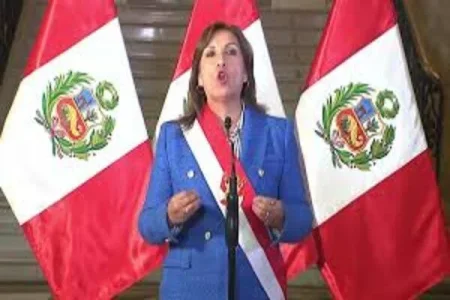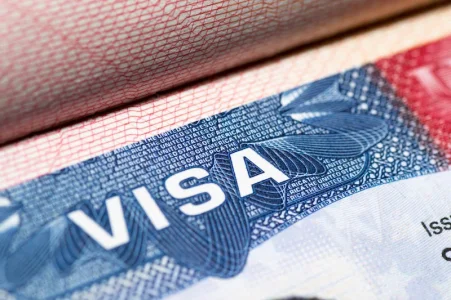
LGBTQ+ advocates slammed Peru for officially classifying transgender and non-binary people as "mentally ill" in a new health insurance decree, accusing authorities of promoting bigotry and discrimination.
Peruvian authorities faced intense backlash this week after a presidential decree approved categorizing transgender and non-binary individuals as having a "mental illness" under the country's health insurance scheme. The controversial decree, signed by President Dina Boluarte, Health Minister César Vásquez, and Finance Minister Arista Arbildo on May 10, updated the Essential Health Insurance Plan to include "transsexualism," "gender identity disorder," and "egodystonic sexual orientation" among the listed "mental health problems."
The move sparked immediate outrage from LGBTQ+ advocates, who accused the Peruvian government of promoting discrimination, stigma, and prejudice against the transgender and non-binary community through an unscientific and biased decree.
"The decree also further classifies prejudices against lesbian, gay, bisexual, and transgender people in Peru which have led to violence and discrimination against this population," said Cristian González Cabrera, a senior researcher with the LGBTQ rights program at Human Rights Watch. Cabrera and other advocates condemned the decree as running counter to the modern scientific consensus from leading health authorities like the World Health Organization (WHO), which no longer categorizes transgender or non-binary identities as mental disorders.
"The Peruvian government should discard this biased and unscientific decree and aim to implement the WHO's updated classification of diseases concerning sexual orientation and gender identity," Cabrera stated. The decision to pathologize transgender and non-binary people as "mentally ill" drew fierce criticism from Peruvian LGBTQ+ organizations as well as international advocacy groups.
"This is an insult and a step backwards in the fight against discrimination based on gender identity and sexual orientation in Peru," said Luz Manriquez, director of the Peruvian LGBTQ+ rights group Presente. "It perpetuates stigma, hatred, and violence towards our community."
While Peru has made some advancements in LGBTQ+ rights in recent years, advocates say the decree aligns with persistent discrimination that still exists, particularly towards the transgender community. They warned the classifications could enable further marginalization by healthcare providers and denial of gender-affirming care. Legal challenges to the decree are expected, with LGBTQ+ groups vowing to fight the "dehumanizing" policy through protests and potential court action if it is not swiftly reversed by authorities.




